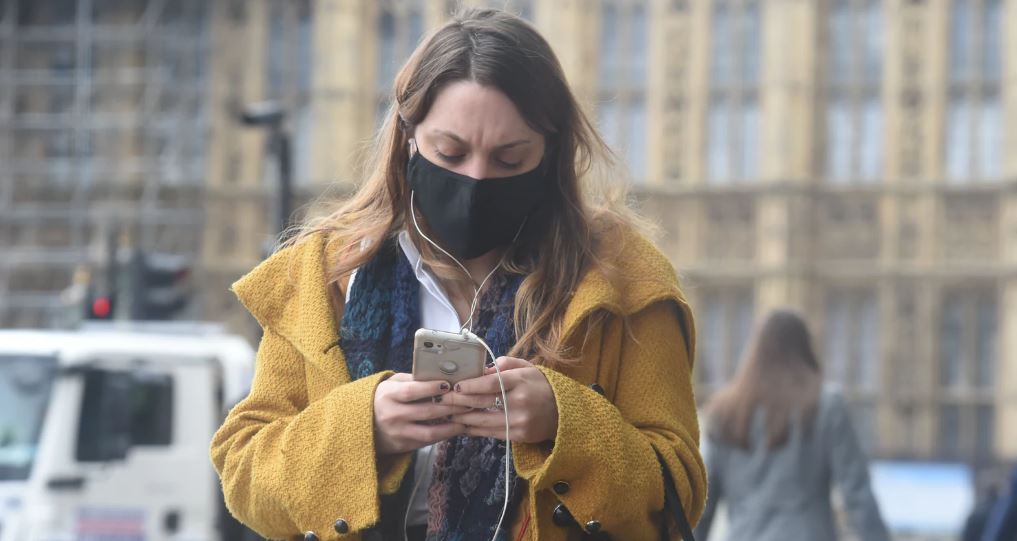Flemish towns and cities are calling for clear rules on the use of face masks in public as more mayors take matters into their own hands in the absence of guidelines from higher levels of government.
The Association of Flemish Cities and Municipalities (VVSG) said that federal leaders needed to put out a clear exit strategy which addressed the standards and the conditions for the use of masks by the general public.
"When and where should people wear face masks, [according to] which standards and conditions, will the federal government intervene in the purchase?" VVSG wrote in an online statement.
Related News
- Coronavirus: transport firms want mandatory face masks
- Face masks cost up to 2.5 times more in online pharmacies
- Brussels considers mass purchase of masks for general public
The VVSG, which groups together some 300 cities and municipalities, said that as the latest lockdown deadline nears, local authorities were under pressure from residents to ensure sufficient access to face masks.
Announcing the current nationwide lockdown would be pushed to 3 May, federal leaders said face masks would play a major role in the country's deconfinement strategy.
"The pressure from the population to the municipalities is high; it is logical that many municipalities are now (...) taking the initiative and providing the population with a mask," VVSG wrote.
In past weeks, the ranks of mayors going past official guidelines and officially recommending the use of face masks in public has grown.
Amid a national shortage of face masks, fueled by a global supply chain disruptions as well as by a failure to replenish strategic national stocks, many mayors have turned to private businesses or to ordinary citizens for mask production.
In Brussels, several municipalities have set up manufacturing workshops in which volunteers produce reusable face masks, but others said they are waiting for clearer guidelines from above.
A move to centralise the purchase and distribution strategy is reportedly being considered by regional Brussels authorities, in an effort to make lockdown exit strategies more uniform between the capital's 19 municipalities.
Gabriela Galindo
The Brussels Times

